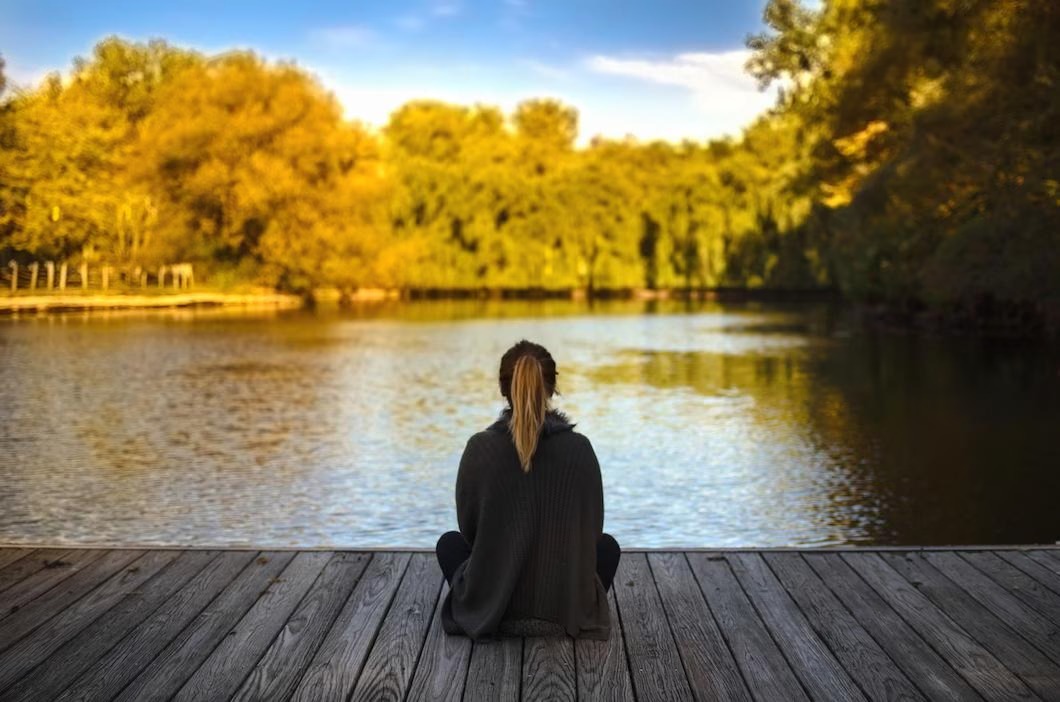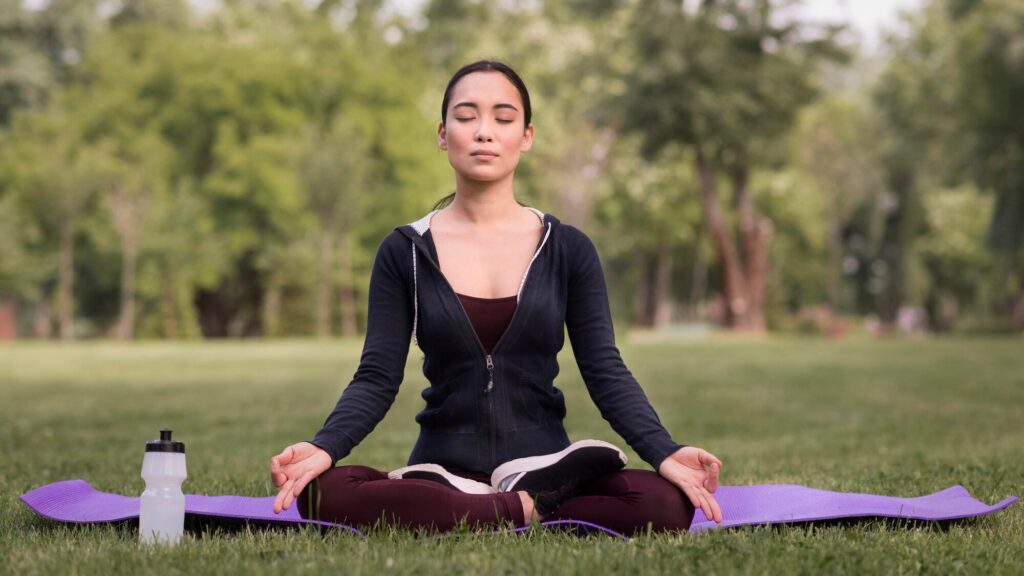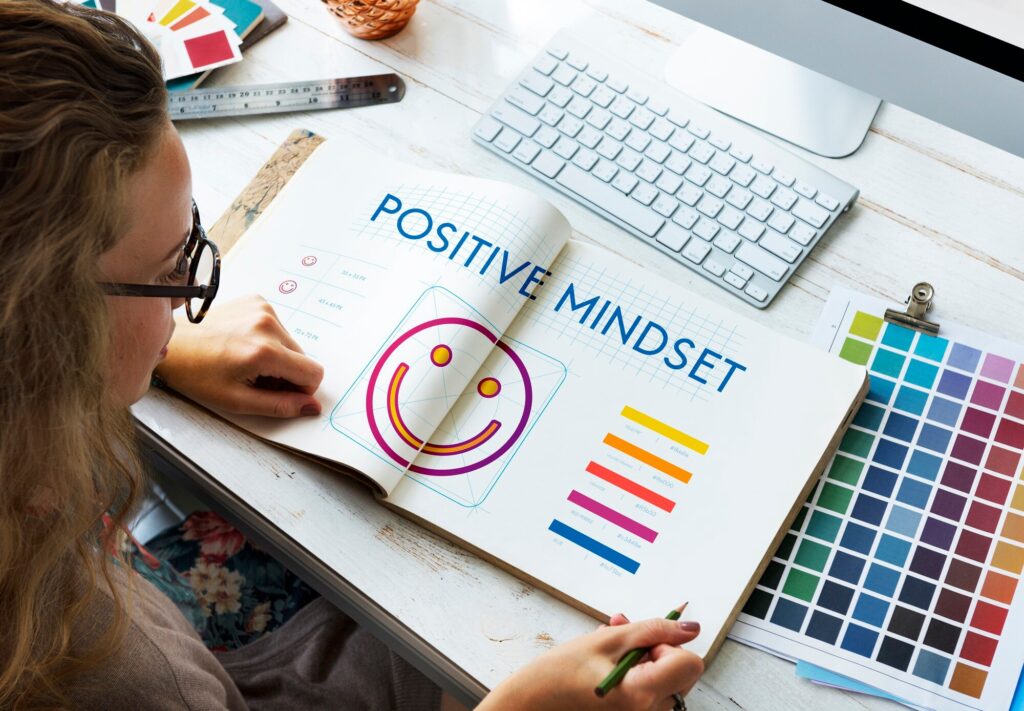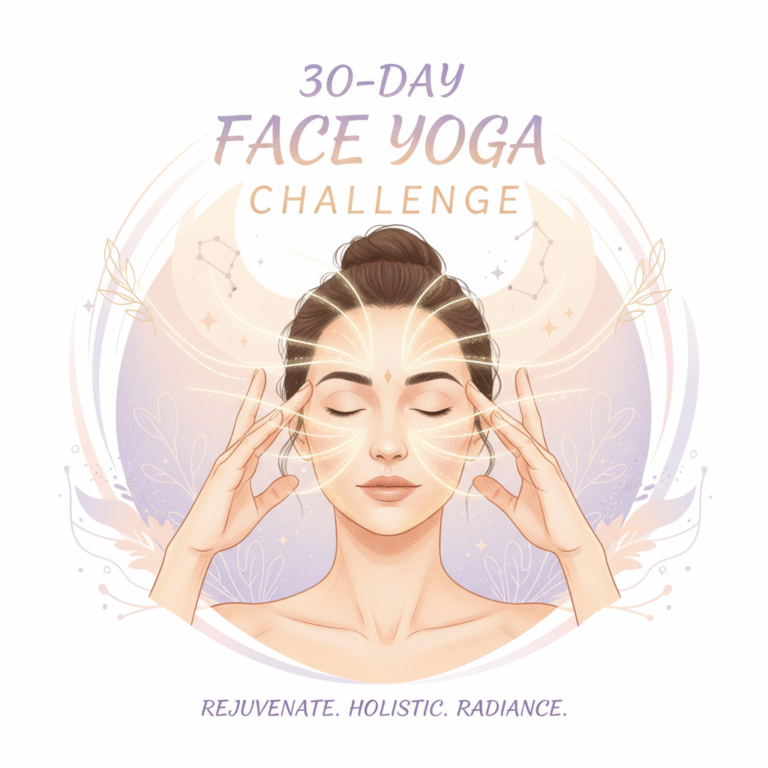
Anxiety is a common mental health concern affecting millions worldwide. Many people are searching for natural and effective ways to reduce anxiety without relying heavily on medications. Fortunately, there are several proven methods backed by science that can help you manage anxiety naturally in 2025. These techniques are easy to follow and can fit into your daily routine to help you feel calmer, more focused, and in control.
1. Practice Deep Breathing Exercises
One of the simplest yet most effective ways to calm anxiety is by practicing deep breathing exercises. For example, the popular 4-7-8 technique involves breathing in deeply for 4 seconds, holding the breath for 7 seconds, and then exhaling slowly for 8 seconds. You can do this for five to ten minutes daily or whenever you feel anxious. This exercise helps regulate your nervous system, lowers stress hormones, and promotes relaxation almost instantly. It is a universal technique that people across cultures use to find calm in stressful situations.
2. Use Mindfulness and Meditation to Stay Present
Mindfulness meditation is an ancient practice gaining popularity worldwide because of its effectiveness in managing anxiety. It involves focusing your attention on the present moment without judgment. When you practice mindfulness regularly, you train your mind to let go of worries about the past or future, which are often the root causes of anxiety. Just spending ten minutes a day in quiet meditation can help reduce anxious thoughts and improve emotional resilience. Numerous apps and online resources make it easy to get started, no matter where you live.

3. Explore Herbal and Natural Remedies
Many cultures have used herbal remedies for centuries to calm the mind and body. Herbs such as chamomile, lavender, valerian root, and ashwagandha are known for their calming properties and are popular globally. Drinking chamomile tea or using lavender essential oils can promote relaxation and ease nervous tension. Ashwagandha, a powerful adaptogen from Ayurveda, helps regulate the body’s stress response. However, it’s important to consult a healthcare professional before adding herbal supplements to your routine, especially if you are taking other medications.
4. Maintain a Healthy and Balanced Diet
Your diet plays a significant role in how your body handles stress and anxiety. Consuming foods rich in omega-3 fatty acids, such as salmon and flaxseeds, magnesium-rich vegetables like spinach, and B vitamins found in nuts and whole grains, can support brain health and improve mood. On the other hand, excessive caffeine, processed sugars, and junk food can worsen anxiety symptoms. Eating balanced meals and staying hydrated helps keep your energy stable and your mind clear throughout the day.
5. Engage in Regular Physical Exercise
Physical activity is one of the most effective natural ways to reduce anxiety. When you exercise, your body releases endorphins, chemicals that improve mood and reduce stress. Activities like walking, jogging, swimming, or yoga can be tailored to your fitness level and lifestyle. Even moderate exercise done consistently, about 30 minutes a day, can make a big difference in how you feel mentally and physically. Yoga and stretching also help relax your muscles and calm your nervous system, making them excellent choices for anxiety relief.
6. Prioritize Quality Sleep Every Night
Getting enough restful sleep is essential for managing anxiety. When you do not sleep well, your brain becomes more sensitive to stress, and anxiety symptoms can worsen. Aim for seven to nine hours of sleep each night by creating a relaxing bedtime routine. Avoid screens and bright lights before sleeping, keep your bedroom cool and quiet, and try to go to bed at the same time every night. Good sleep hygiene supports your emotional well-being and gives your body time to heal and recharge.

7. Limit Exposure to Stressful Media Content
In today’s digital age, constant exposure to social media and news can amplify feelings of anxiety. Negative or overwhelming content may increase stress levels and create a cycle of worry. To protect your mental health, consider limiting your time on social media platforms and focusing on positive, uplifting content. Taking short breaks or “digital detoxes” throughout the day can help your mind relax and refocus on things that truly matter.
8. Practice Positive Self-Talk and Affirmations
How you talk to yourself impacts your anxiety levels. Negative self-talk can increase stress and create a loop of worry, while positive affirmations can build confidence and calm your mind. Try saying simple phrases like “I am in control of my thoughts” or “I can handle this situation” whenever you feel overwhelmed. This practice trains your brain to shift focus away from fear and towards empowerment, helping to reduce anxiety naturally over time.
9. Build a Strong Support Network
Having people to talk to can be a powerful tool in managing anxiety. Whether it’s friends, family, or support groups, sharing your feelings helps release emotional pressure and provides comfort. In many parts of the world, online support groups are available where you can connect anonymously with others experiencing similar challenges. Don’t hesitate to seek professional help if anxiety becomes too difficult to manage alone — therapy and counseling can provide effective coping strategies.
10. Spend Time on Hobbies and Creative Activities
Engaging in hobbies and creative pursuits is a wonderful way to reduce anxiety naturally. Whether it’s painting, gardening, writing, or playing music, these activities allow your mind to relax and focus on something enjoyable. Creative outlets provide a sense of accomplishment and boost your mood, making it easier to cope with everyday stresses.

Conclusion
Managing anxiety naturally in 2025 is both possible and practical. By incorporating these proven techniques into your lifestyle, you can reduce anxiety symptoms, improve your emotional health, and live a more balanced life. Remember, consistency is key, and small changes can lead to significant improvements over time. If your anxiety feels overwhelming or persistent, seeking professional guidance is always a wise choice.
How long does it take to see results from natural anxiety relief?
Most people notice improvements within 4 to 6 weeks of consistent practice.
Can I use herbal remedies safely for anxiety?
Herbal remedies can be helpful, but always consult a healthcare professional before starting, especially if you take other medications.
Is exercise really helpful for anxiety?
Absolutely! Regular physical activity releases mood-boosting endorphins and reduces stress.
When should I seek professional help for anxiety?
If anxiety is severe, persistent, or interferes with daily life, it’s important to consult a mental health professional.


